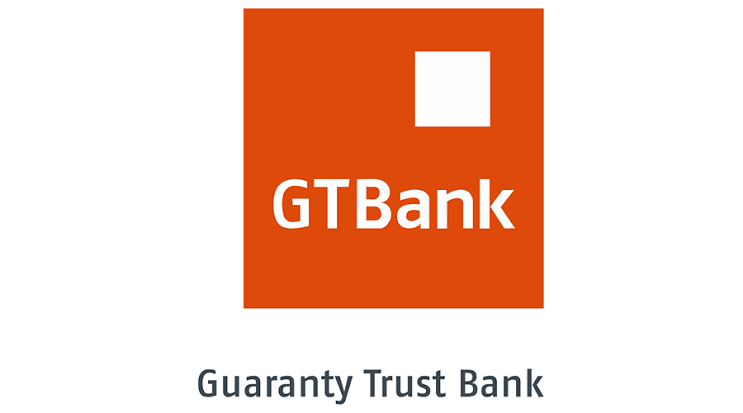
GT Bank has responded to the escalating cost of living by implementing salary increases for its junior and contract staff.
The news of the salary hike was initially circulated on social media by friends of the bank’s staff who noticed the changes.
Analyzing the bank’s 2022 financial statements, it is evident that approximately 774 staff members are earning between N770k and N1.4 million annually, making them the lowest-earning employees.
Another 340 individuals earn above N1.4 million but less than N2.05 million per year, while 741 staff members earn between N2.1 million and N3 million annually.
The recent removal of fuel subsidies in Nigeria has had far-reaching effects on individuals nationwide, including employees who are now faced with increased transportation expenses for their daily commutes.
The escalating inflation has led to higher fuel prices, resulting in public transportation providers, such as buses, tricycles (keke napep), and motorcycles, raising their fares accordingly. This situation has particularly impacted workers in the private sector who heavily rely on public transportation.
Consequently, employees now find themselves allocating a significant portion of their salaries solely for commuting expenses, leaving limited funds for other essential needs such as food and rent.
Starting in July 2023, GTBank plans to implement a 100% salary increase for its junior staff members, specifically those employed in outsourced roles, including security staff, cleaners, and drivers. Cleaners will now earn between N70,000 to N80,000, while drivers will receive between N140,000 to N150,000. It should be noted that the majority of these employees fall under outsourced arrangements with third-party service providers. There are indications that other banks may have also increased the salaries of their junior staff, while some are believed to be reviewing their payroll costs.
Furthermore, Fidelity Bank has reportedly commissioned additional staff buses to alleviate the commuting burden for its employees, and Access Bank is working towards getting their 40-staff buses back on the road.
The Nigeria Labour Congress (NLC) has called for wage increases in response to the subsidy removal, presenting a wage award proposal to the Federal Government to mitigate the impact on Nigerian citizens.
Although the Nigerian government argues that this policy will lead to cost savings, reduced corruption, and increased investment in the oil sector, many citizens express skepticism about the benefits and concerns regarding the negative effects on their lives.
As Nigerians adjust to these changes, it is crucial for stakeholders to continuously assess the consequences and explore measures to mitigate the adverse effects of subsidy removal, especially concerning the financial stability and overall well-being of employees.
The removal of fuel subsidies represents a significant shift in Nigeria’s economic policy, aiming to address fiscal challenges and promote market-based pricing.
Nevertheless, the resulting impact on inflation, transportation costs, and individuals’ welfare should not be underestimated.


